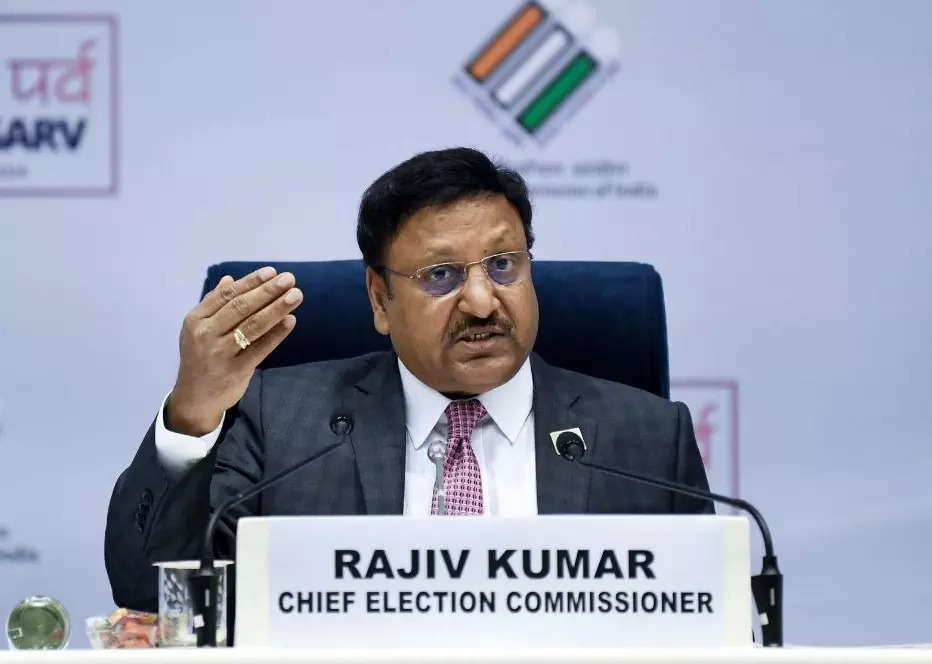The open letter penned by a group of 87 former civil servants to the Election Commission resonates with a profound sense of concern regarding the integrity of the electoral process in India. These distinguished individuals, part of the Constitutional Conduct Group, have highlighted troubling trends that jeopardize the fundamental principles of free and fair elections.
By S.B. Mazumder
Their apprehensions are not unfounded. The arrest of Delhi Chief Minister Arvind Kejriwal amidst the fervor of election season raises questions about the timing and motivations behind such actions. The group rightly points out that coercive measures could have been deferred until after the conclusion of the electoral process, preventing any perception of political bias or interference.
Similarly, the resurgence of old assessments by the Income Tax Department targeting opposition parties, coupled with the perceived lack of urgency in addressing other pressing issues, raises eyebrows. The group's skepticism regarding the impartiality and efficacy of central law enforcement agencies in such matters strikes a chord with many observers.
Moreover, the concerns raised about the integrity of Electronic Voting Machines (EVMs) and the need for robust verification mechanisms like Voter-Verified Paper Audit Trails (VVPATs) are paramount. In an era where technology plays an increasingly central role in the electoral process, ensuring transparency and accountability is non-negotiable.
The Supreme Court's notice to the Election Commission regarding the tallying of all VVPAT slips to corroborate EVM ballots underscores the gravity of the situation. It is imperative that the Election Commission acts swiftly and decisively to address these legitimate concerns, thereby upholding the sanctity of the electoral process.
Furthermore, the group's lament over the perceived misuse of the Model Code of Conduct by certain political entities, coupled with the Election Commission's purported inaction, warrants serious reflection. The impartial enforcement of electoral guidelines is essential for maintaining a level playing field and fostering public trust in the electoral process.
As the nation gears up for the upcoming Lok Sabha elections, it is incumbent upon all stakeholders – political parties, law enforcement agencies, and the Election Commission – to uphold the principles of democracy and ensure that every vote counts. The concerns raised by the group of former civil servants serve as a timely reminder of the importance of safeguarding the democratic ethos upon which our nation stands. It is imperative that these concerns are addressed with the urgency and gravity they deserve, lest we compromise the very foundation of our democratic republic.

Comments
Post a Comment